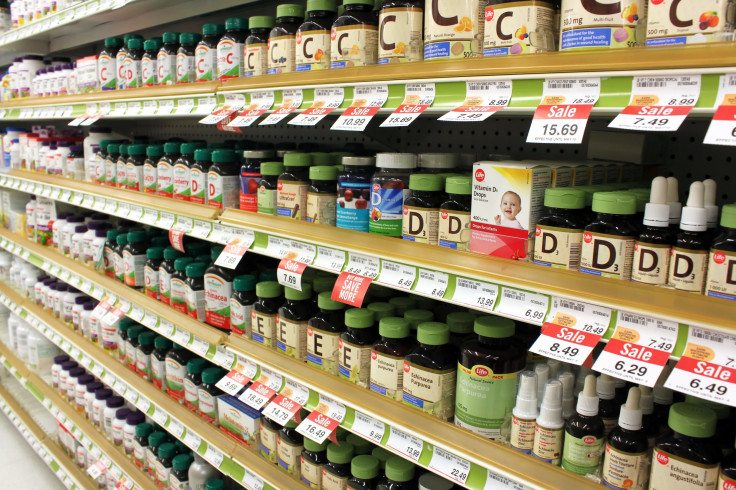FDA’s Dietary Supplement Recall Continues To Be Ignored: What Dangers Do Banned Ingredients Pose?

The FDA banned the use of class I drugs in dietary supplements because of their “reasonable possibility of causing serious adverse health consequences or death,” but a recent study found this ruling is largely ignored by drug manufacturers. Although the current CEO of the National Products Association has described the study’s findings as “largely overblown,” when one looks at the reasons why these drugs were recalled in the first place, you can’t help but disagree.
Between January 2009 and December 2012, the FDA recalled 274 dietary supplements. Dr. Pieter A. Cohen and his team conducted, what is believed to be, the first analysis of how well FDA restrictions of pharmaceutical adulterants are followed by drug companies six months after the initial recall. Of the 274 recalled supplements, only 27 met the criteria for the study, and of these 27, 20 were found to be produced by U.S. manufacturers.
In their analysis, they discovered that one or more banned pharmaceutical adulterants were found in 66.7 percent of supplements still available for purchase. In further breakdown, researchers determined that 85 percent of sports enhancement supplements, 67 percent of weight loss supplements, and 20 percent of sexual enhancement supplements still contained banned ingredients.
"Action by the FDA has not been completely effective in eliminating all potentially dangerous adulterated supplements from the U.S. marketplace,” the authors said in a press release.
The 27 adulterants had been all banned for the various dangers they posed to human health. For example, sibutramine, found in weight loss products, increased the risk of serious heart events by 16 percent. These events included “non-fatal heart attack, non-fatal stroke, the need to be resuscitated once the heart stopped, and death,” the FDA reported in a press release on the subject. Analogs of sibutramine also found in "herbal slimming products” were found to be associated with psychosis in a 2010 study. Sildenafil, another drug banned for distribution in herbal supplements, is the active ingredient in Viagra. It puts patients at risk of serious heart problems, however, and should therefore not be taken without medical supervision.
The same goes for fluoxetine, the drug commonly marketed as Prozac. It was linked to increased risk of suicidal thoughts and behaviors, which prompted the FDA to give it a black box warning, the strongest possible warning for a prescription drug. Other banned ingredients still present in supplements, such as phenolphthalein and aromatase inhibitors, have been associated with serious complications, such as DNA mutations, infertility, and potential carcinogenic risks.
According to the authors, their findings suggest that “more aggressive enforcement of the law, changes to the law to increase the FDA’s enforcement powers, or both” are necessary to prevent future unregulated sales of these potentially dangerous drugs.
Former FDA Division of Dietary Supplement Programs Director and current CEO of the National Products Association, Daniel Fabricant, argued that the study’s findings were greatly exaggerated and not an accurate reflection of FDA actions. “I think we showed that the laws certainly work and have a lot of value to them,” he said. He added that stronger enforcement tools, however, would be needed for these companies who continue to break U.S. law, Food News Safety reported.
Source: Cohen PA, Maller G, De Souza R, Neal-Kababick J. Presence of Banned Drugs in Dietary Supplements Following FDA Recalls. JAMA. 2014.



























